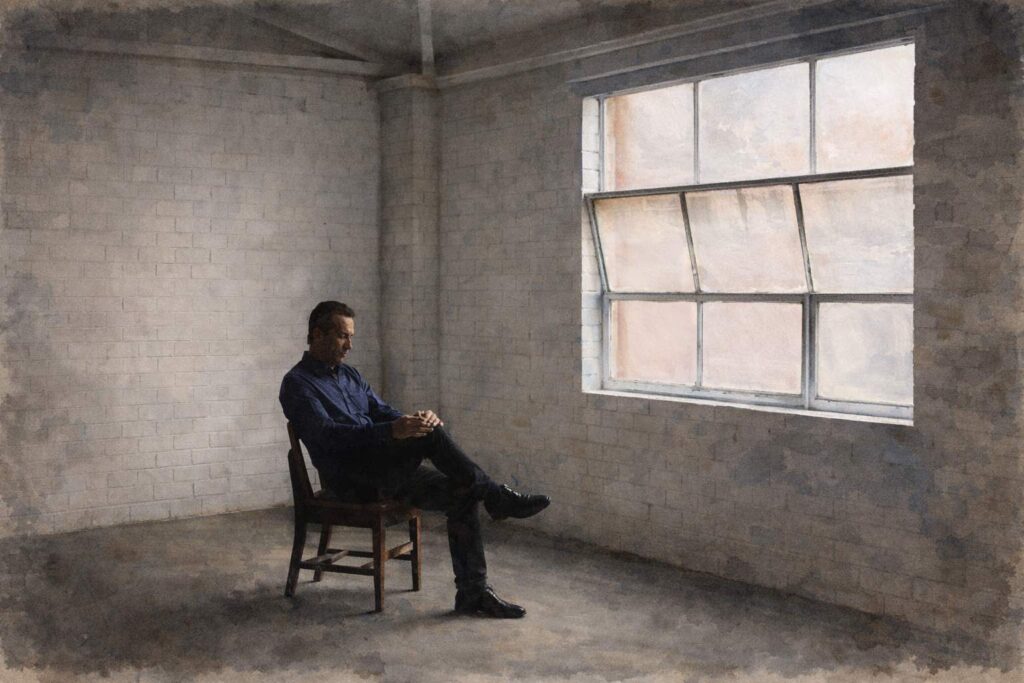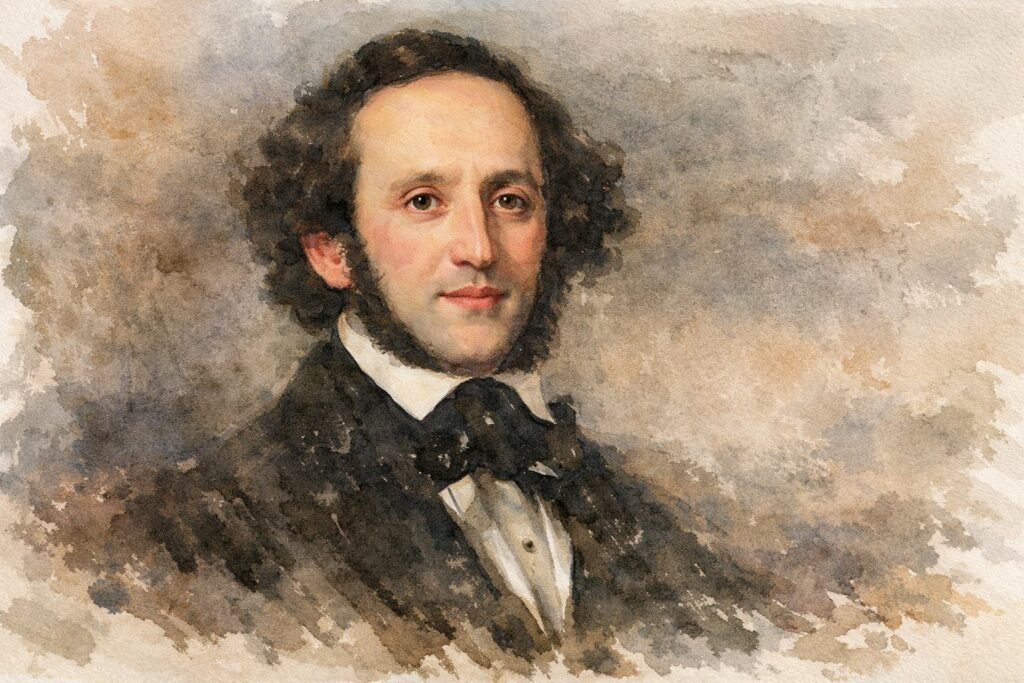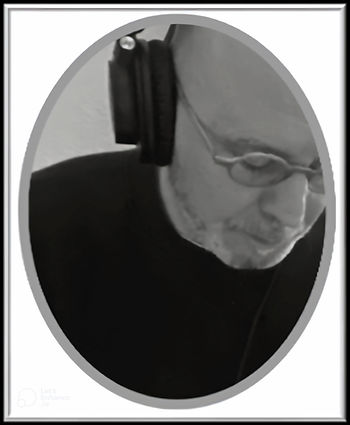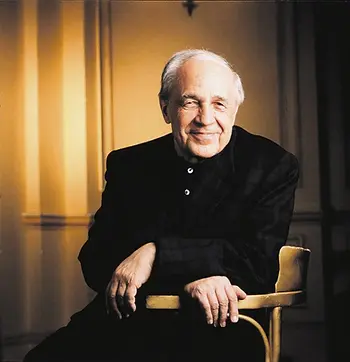John Adams, born on February 15, 1947, in Worcester, Massachusetts, is one of the most celebrated and influential contemporary composers. Renowned for his ability to blend classical traditions with modernist and minimalist elements, Adams has shaped the landscape of American classical music over the past several decades. His compositions often fuse diverse influences, such as jazz, rock, and American cultural themes, with a unique narrative and rhythmic vitality.
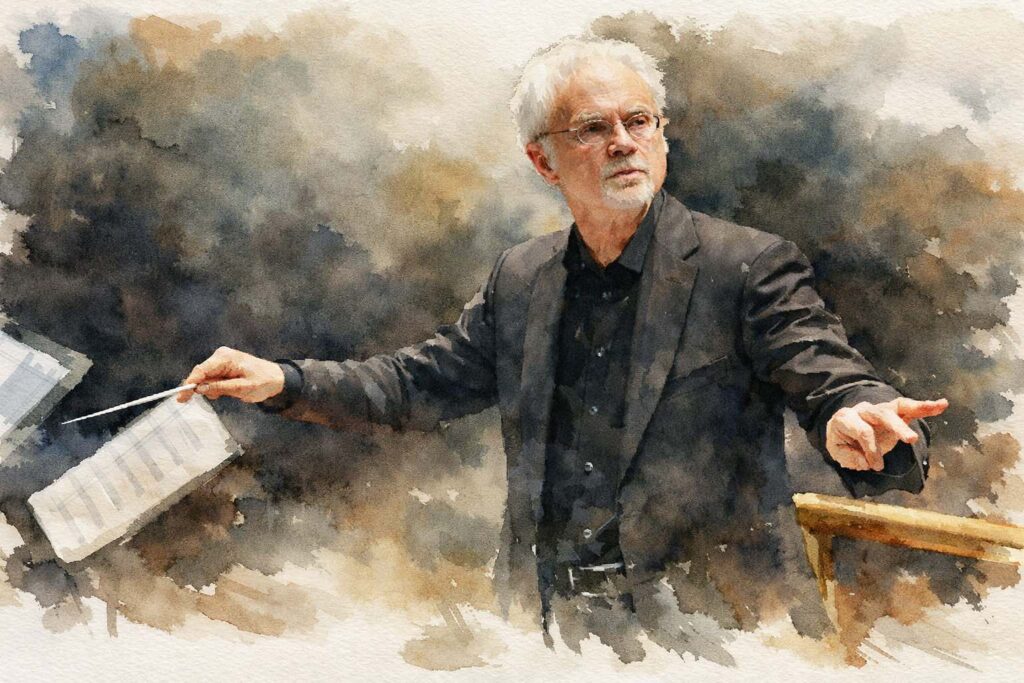
Early Life and Education
Adams grew up in a musical household, with his father a clarinetist and his mother a jazz singer. He began studying the clarinet at an early age and later performed with orchestras, gaining early exposure to the world of classical performance. His interest in composition emerged during his teenage years, when he started experimenting with writing music.
Adams attended Harvard University, where he studied under prominent composers such as Leon Kirchner and Roger Sessions. During this time, he became intrigued by the minimalist works of composers like Steve Reich and Philip Glass. However, Adams charted his own path by blending minimalism with broader harmonic and expressive elements, distinguishing himself early on as a bold innovator.
Musical Style and Philosophy
Adams’ music is characterized by its rhythmic drive, harmonic complexity, and emotional accessibility. While initially associated with the minimalist movement, his works incorporate rich textures and dynamic contrasts that transcend the bounds of minimalism. His compositions often tackle profound themes, blending storytelling with musical exploration.
Adams frequently draws inspiration from literature, politics, and history, crafting works that resonate with the times. His ability to convey both intimacy and grandeur has made his music deeply impactful and widely performed.
Career Highlights and Key Works
John Adams’ career includes an impressive array of symphonies, operas, concertos, and orchestral works. Some of his most significant contributions to the classical canon include:
1. Operas:
- Nixon in China (1987): A groundbreaking opera depicting President Nixon’s 1972 visit to China. The work explores the intersection of politics and personal relationships through a vibrant score.
- Doctor Atomic (2005): Focused on J. Robert Oppenheimer and the development of the atomic bomb, this opera captures the moral and existential dilemmas of scientific discovery.
- The Death of Klinghoffer (1991): A controversial yet powerful opera about the 1985 hijacking of the Achille Lauro and the murder of passenger Leon Klinghoffer, exploring themes of terrorism and grief.
2. Orchestral Works:
- Short Ride in a Fast Machine (1986): A thrilling orchestral piece that epitomizes Adams’ energetic and propulsive style.
- Harmonielehre (1985): A symphonic work blending Romantic grandeur with minimalist techniques, inspired by Adams’ dream imagery.
- City Noir (2009): A jazz-infused orchestral tone poem evoking the atmosphere of mid-20th-century Los Angeles.
3. Concertos:
- Must the Devil Have All the Good Tunes? (2018): A piano concerto characterized by its gritty rhythms and virtuosic demands, blending jazz, funk, and classical influences.
- Violin Concerto (1993): A lyrical and technically challenging piece that has become a staple of the violin repertoire.
Themes in His Work
Adams’ compositions often address themes of identity, morality, and cultural transformation. His operas delve into historical and political events, while his instrumental works frequently explore abstract or philosophical concepts. He is known for his ability to convey humor, tension, and drama, making his music deeply engaging for audiences.
Awards and Recognition
John Adams has received numerous accolades throughout his career, including:
- The Pulitzer Prize for Music in 2003 for On the Transmigration of Souls, a choral work commemorating the victims of the September 11 attacks.
- A Grammy Award for Best Contemporary Classical Composition for City Noir.
- Multiple honorary doctorates from prestigious institutions.
His works are performed by leading orchestras and ensembles worldwide, and he remains one of the most performed living composers.
Recent Projects and Legacy
In recent years, Adams has continued to create new works and collaborate with renowned musicians and institutions. His ability to adapt and innovate ensures his music remains relevant and resonant with contemporary audiences.
One of his most recent works, Must the Devil Have All the Good Tunes?, exemplifies his inventive spirit. This piano concerto reflects Adams’ interest in blending genres, featuring jazz-infused melodies and complex rhythms. The work has been lauded for its high-energy virtuosity and has been performed by leading pianists worldwide.
A Lasting Impact on Music
John Adams’ influence on contemporary classical music is immense. His unique voice has not only reshaped the perception of American classical music but has also bridged the gap between traditional and modern musical forms. By combining intellectual depth with emotional resonance, Adams has created a body of work that appeals to both seasoned classical audiences and newcomers alike.
Conclusion
John Adams is a composer who continues to challenge and inspire. His works invite listeners to reflect on the world, engage with history, and experience music in innovative and profound ways. Whether through the evocative operas like Nixon in China or the rhythmic exuberance of Short Ride in a Fast Machine, Adams’ music leaves an indelible mark on all who hear it.
For those seeking to explore his repertoire, Must the Devil Have All the Good Tunes? is an excellent starting point to experience the vitality and ingenuity of this masterful composer. Let me know if you’d like more information or recommendations!
#JohnAdams #ComposerSpotlight #ContemporaryClassical #MinimalismInMusic #MustTheDevilHaveAllTheGoodTunes #NixonInChina #DoctorAtomic #TheDeathOfKlinghoffer #ShortRideInAFastMachine #Harmonielehre #CityNoir #ModernClassicalMusic #PulitzerPrizeMusic #GrammyWinningComposer #MusicAndHistory #AmericanComposer #InnovativeMusic #OrchestralMasterpieces #MinimalistMusic #PianoConcerto #ViolinConcerto #JazzInfluencesInClassical #ClassicalMusicLegend #MusicForTheModernEra #OperaticStorytelling #LivingComposer #AdamsLegacy
